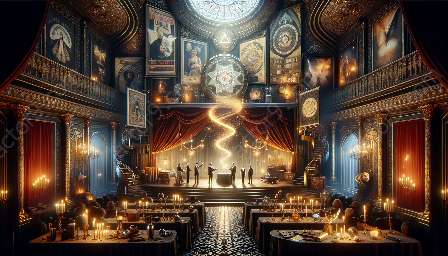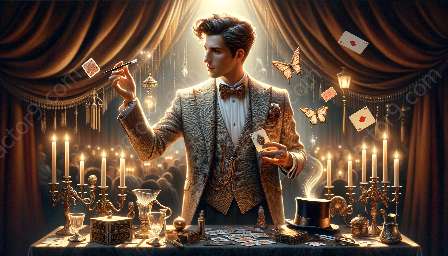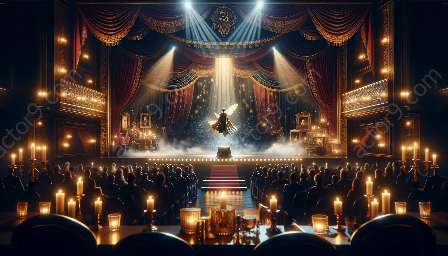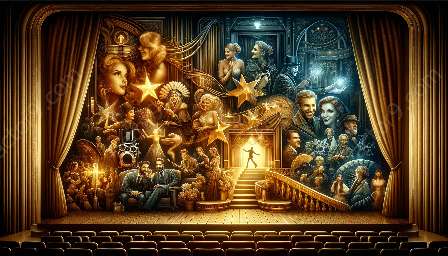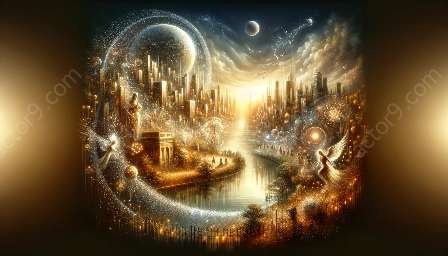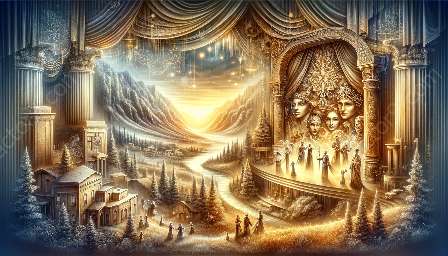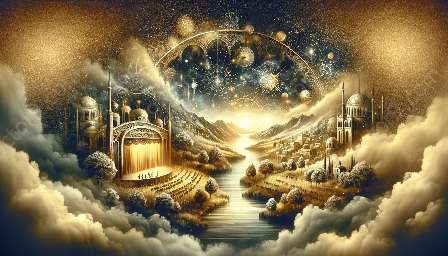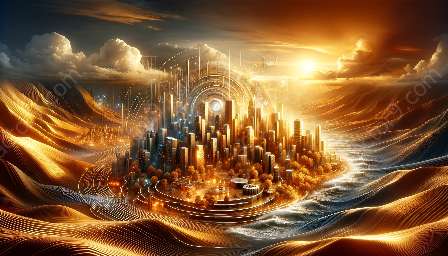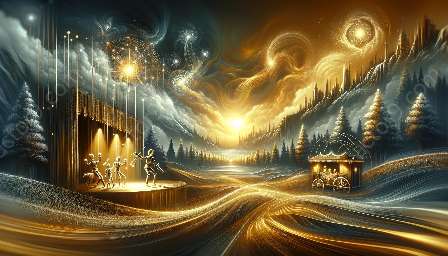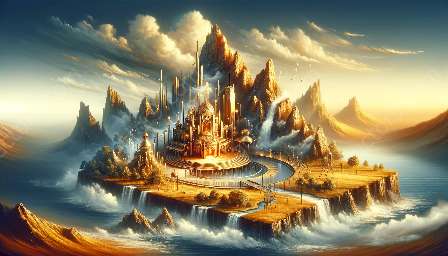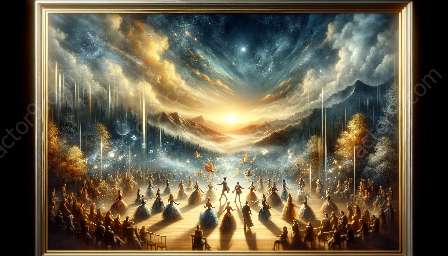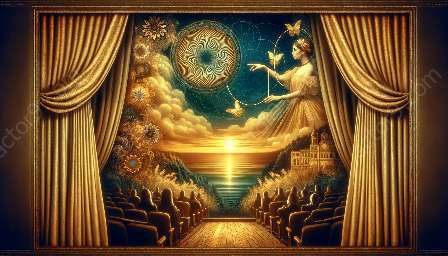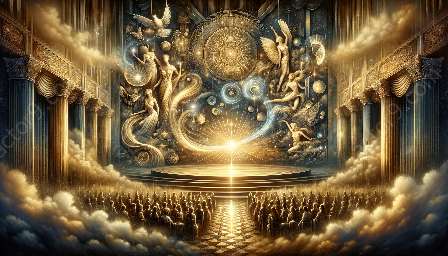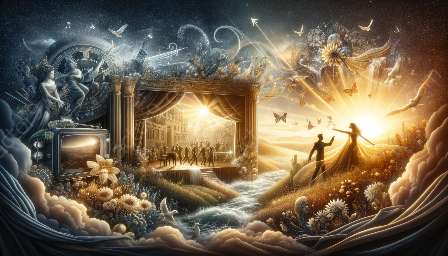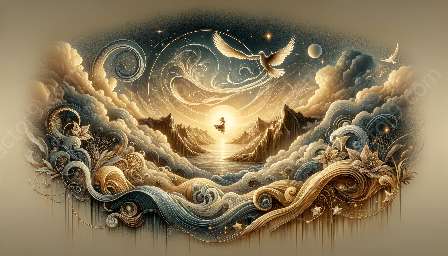The intersection of technology and magic has significantly influenced the portrayal of magic and illusion in popular culture. As technology advances, so does our ability to visually and convincingly depict magic in movies, TV shows, literature, and other forms of media. In this article, we will explore how technology has reshaped the way magic and illusion are presented and perceived in popular culture.
Impact of CGI and Special Effects
One of the most notable ways in which technology has influenced the portrayal of magic is through CGI (Computer-Generated Imagery) and special effects. The advancement of CGI has enabled filmmakers to create breathtaking and visually stunning magical scenes that were once thought to be impossible to capture authentically on screen. From summoning fantastical creatures to casting spells, CGI has revolutionized the way magic is depicted in movies and TV shows. This has, in turn, expanded the creative possibilities for storytellers to weave magical elements into their narratives, captivating audiences with awe-inspiring illusions.
Enhanced Visual Realism
Advancements in technology have also allowed for enhanced visual realism in portraying magic and illusion. With high-definition cameras, sophisticated lighting techniques, and state-of-the-art equipment, filmmakers and visual artists can bring magic to life in unprecedented ways. The attention to detail and the ability to create seemingly impossible visuals have elevated the portrayal of magic to new heights, immersing audiences in fantastical worlds where the lines between reality and illusion are blurred.
Interactive Entertainment and Augmented Reality
Technology has not only impacted the portrayal of magic in passive forms of media but has also extended into interactive entertainment and augmented reality. With the rise of virtual reality (VR) and augmented reality (AR), individuals can now experience magic and illusion in more immersive and participatory ways. Through VR experiences and AR apps, users can interact with magical elements, participate in illusions, and become active participants in the enchanting worlds of magic, transcending traditional boundaries between the audience and the magical performances.
Digital Enhancement of Literary Imagination
Technology has expanded the ways in which magic and illusion are portrayed in literature. Digital enhancements, such as interactive e-books and multimedia storytelling platforms, have provided authors and creators with innovative tools to enrich the portrayal of magic in their narratives. Through interactive illustrations, animated sequences, and audio enhancements, readers can now experience magic and illusion in literature in dynamic and engaging ways, further blurring the line between reality and fiction.
Global Accessibility and Cultural Exchange
Advancements in technology have facilitated the global accessibility and cultural exchange of magical performances. Through live streaming, virtual events, and online platforms, magicians and illusionists can now reach audiences around the world, transcending geographical boundaries. Additionally, digital technologies have enabled cultural exchange and collaboration, allowing diverse magical traditions and performances to be shared and celebrated on a global scale, enriching the portrayal of magic in popular culture.
Conclusion
In conclusion, technology has had a profound impact on the portrayal of magic and illusion in popular culture. From the visual spectacles made possible by CGI and special effects to the immersive experiences offered by interactive entertainment and augmented reality, technology has redefined how magic is depicted and experienced. As technology continues to evolve, the portrayal of magic in popular culture will undoubtedly continue to be shaped and transformed, captivating audiences with the ever-expanding possibilities of enchantment and illusion in the digital age.

